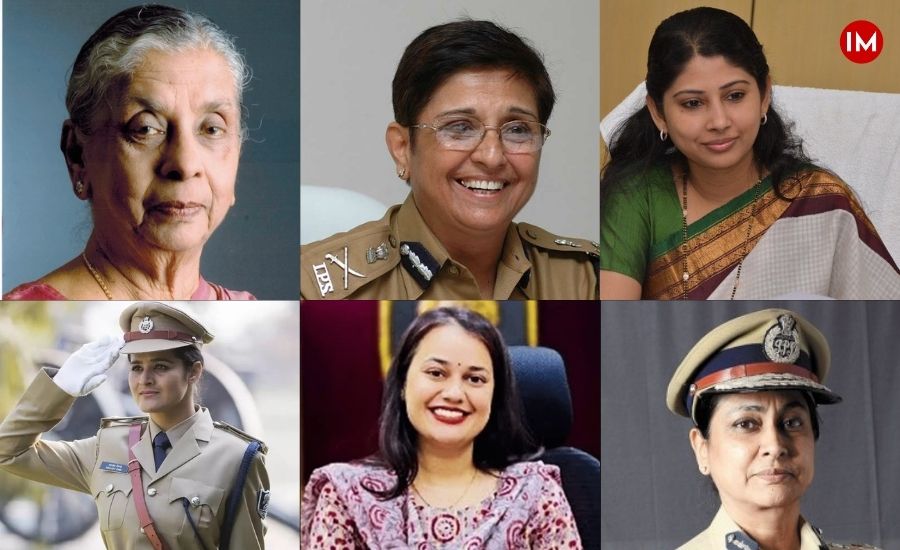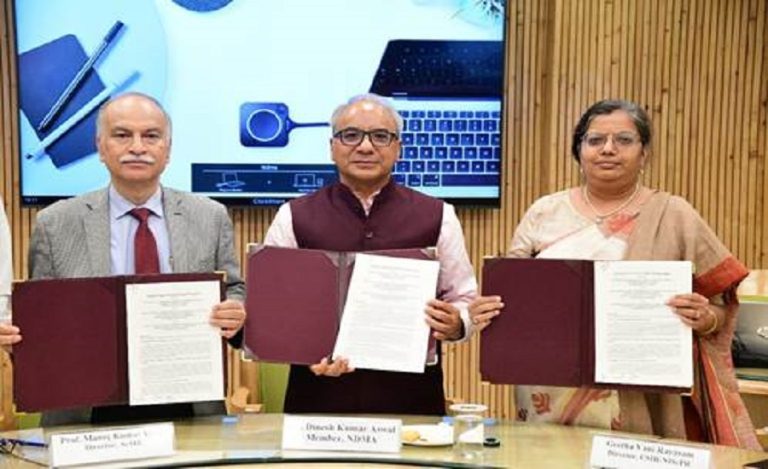New Delhi: While 17th July may seem like just another date on the calendar, it marks a historic turning point for women’s empowerment in India. On this very day in 1948, Indian women were granted the legal right to appear in civil services examinations, paving the way for their entry into prestigious services like the Indian Administrative Service (IAS) and Indian Police Service (IPS).
Read Also: IAS Arpit Sagar Commended for Taking Bold Action on Road Safety in Gujarat
A Barrier Broken: Women Enter Civil Services
In the immediate aftermath of India’s independence, women were barred from participating in the civil services. The idea of women in administrative or policing roles was seen as unconventional and even controversial at the time.
However, on 17 July 1948, a decisive and progressive step was taken by the Government of India — women were formally allowed to compete in the Indian Civil Services Examinations. This opened up pathways for women to participate directly in governance, law enforcement, and policy-making — spaces that had long been dominated by men.
Anna Rajam Malhotra and Kiran Bedi: Pioneers of Change
Following this decision, Anna Rajam Malhotra made history as the first woman IAS officer of India. Her journey shattered stereotypes and became a symbol of courage for generations to follow.
Years later, Kiran Bedi became the first woman IPS officer, known for her bold decisions and administrative reforms. Their success stories became milestones in India’s women’s empowerment narrative, proving that gender is no barrier to excellence in public service.
The Numbers Today: Still a Long Way to Go
According to the India Justice Report 2025, based on data up to January 2023:
- India has around 960 women IPS officers out of a total of 5,047 — a mere 12% representation.
- After 2020, around 200 IPS officers are trained annually.
- In the 2021 IPS batch, women comprised 23% (37 out of 166).
- In the 2024 batch, that number grew to 28%, with 54 women completing IPS training.
These numbers show a steady rise, but also highlight the need for continued efforts in gender parity.
Why This Day Matters
July 17 is more than a commemoration — it’s a reminder of the resilience and progress of Indian women. From being denied the right to compete, to leading districts, states, and national departments — women have come a long way in shaping India’s administration, justice, and public service systems.
It is also a call to action: to ensure equal opportunities, stronger representation, and a gender-inclusive governance framework in India’s future.




























